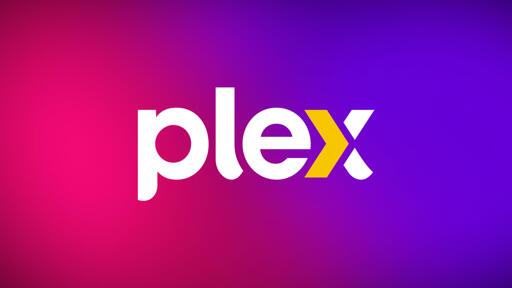Ahoy mateys, it’s time to setup Jellyfin if you prefer not to pay for the privilege of self-hosting your own content.
cross-posted from: https://programming.dev/post/27204525
We are also changing how remote playback works for streaming personal media (that is, playback when not on the same local network as the server). The reality is that we need more resources to continue putting forth the best personal media experience, and as a result, we will no longer offer remote playback as a free feature. This—alongside the new Plex Pass pricing—will help provide those resources. This change will apply to the future release of our new Plex experience for mobile and other platforms.
Yet again, FOSS showing why it’s always the way to go vs proprietary tech. So glad I started my self-hosting journey with Jellyfin!
I deleted Plex from my barely functional home server.
I’ll give Jellyfin a try. I just want to be able to access my music away from home
Use Finamp for offline Music from Jellyfin
I prefer Symfonium
As in, symfonium.app? If so, seems questionable, given its proprietary nature and unavailability outside the play store. Although, the feature set is interesting.
Edit: yeeeah, no
From their FAQ:
licences checks requires a call to the verification server from time to time
The license is tied to your Google account
Correction. Use the finamp beta version, unless that recently made it out of beta.
Thus to all proprietary software!
I was about to get a Plex Pass, but I saw this news today.
If you are worried about opening port 443 on your local firewall I suggest trying to get a cheap vps with decent bandwidth and hosting a reverse proxy on it that points back to your local jellyfin over a tunnel.
Ive been doing it for a few months now and finally got all my family off of Plex.
Can you elaborate more on this? I’m wondering how to set up jellyfin for people outside my lan to use and its unclear to me which method is best.
Does anyone have any helpful guides on setting up jellyfin with a certificate so they can privately host it while also keeping it secure and up to date? I think if using docker it would make sense to use compose and configure traeffic proxy and use let’s encrypt for certificates.
Plex takes care of this for you with their cert and authentication systems. I feel like if user management and secure authentication is easy to set up then that is the primary reason to leave Plex. If I can just hand out accounts to anyone whom I would like to access my instance with ease then my family members could easily access it.
If one was to host from the home, using something like tailscale to host it online with forwarding a port would also be ideal.
Look into a thing called Caddy. It can do a few things but it makes certificates super easy. You will likely need to buy a domain tho. They can be cheap if you don’t care what its called.
Cool. I was just looking to see if someone had a guide because I’m trying to understand the pitfalls of doing it this way and I’m curious if anyone else has opened up Jellyfin to the world.
does this mean the server will need Plex pass or each user individually?
Edit:
IMPORTANT NOTE FOR CURRENT PLEX PASS HOLDERS: For users who have an active Plex Pass subscription, remote playback will continue to be available to you without interruption from any Plex Media Server, after these changes go into effect. When running your own Plex Media Server as a subscriber, other users to whom you have granted access can also stream from the server (whether local or remote), without ANY additional charge—not even a mobile activation fee. More on that later in this update.
I guess the whole idea of this move is to force self-hosters to pay for a Plex pass. But it’s a funny demographic to try to strongarm into a subscription. Most tech savvy self-hosters won’t think twice about spinning up a Jellyfin instance instead, especially given that it’s FOSS. And for those folks with a lifetime Plex pass this makes no difference.,
Yeah but anyone who is seriously using Plex already paid for one so I don’t get the outrage











